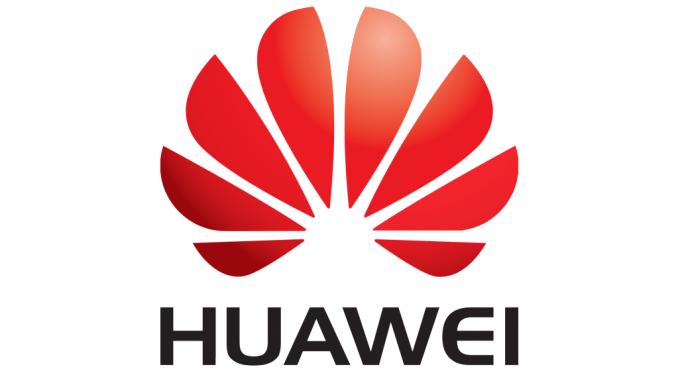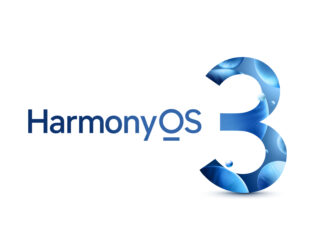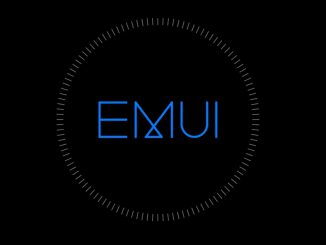
In a recent case between Samsung and Huawei, the ruling was given by a Chinese court, instead of an American one.
Artículo disponible en Español | Article disponible en Français
Traditionally, patent infringements were dealt with in US courts, due to the size of the American market. But a recent case between Huawei and Samsung could change this.
The rivalry between Huawei and Samsung has been ongoing for years, both on the consumer market as well as on the innovation/patent side, with court cases won and lost on both sides. In 2016, Samsung sued Huawei for patent infringement in China, while Huawei sued Samsung in China and the US for patent infringement on their 4G technology.
Some people could see bias towards local Chinese companies, but the case is Chinese authorities are calling on judges to be more independent in their judgements, getting closer to a Western-like justice system.
In the Huawei-Samsung case, the Chinese court ruled in favour of Huawei, issuing a ban on the manufacturing and selling in China of the concerned Samsung devices using Huawei’s technology, until both companies would settle this. Meanwhile, the American court, which gave its decision much later, ordered Huawei to not enforce said ban, as it could give “unfair” leverage to Huawei against Samsung. Companies are now seeing as potentially beneficial to sue other companies directly in China, as decisions on court cases are issued much faster, and contrary to US courts where monetary compensation is usually offered, Chinese courts usually force companies to solve their different between themselves, such as in the Huawei-Samsung case.
But there’s also the ruling from the US court, which begs the question on whether a US court ruling should be considered and applied in a different country, in this case China. Observers are worried this could cause negative reactions from the Chinese side, taking in account the rising tension between the US and China.


